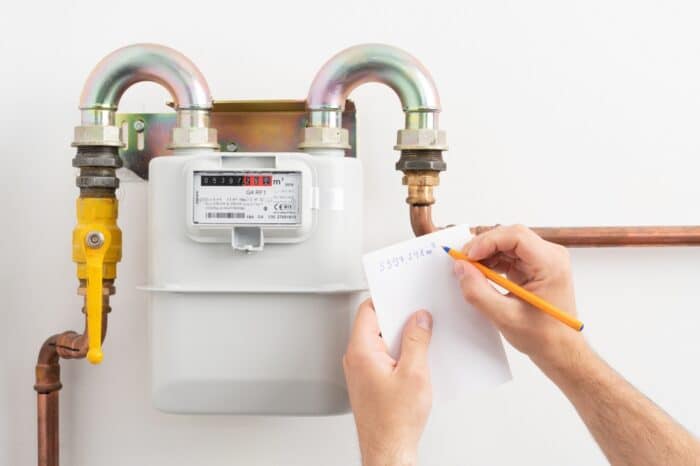Energy suppliers are set to pay over £500,000 to households that had prepayment meters installed without their permission.
Following a market compliance review by Ofgem, 1,502 customers have received £342,450 for having the involuntary meters fitted into their homes between 1 January 2022 and 31 January 2023.
However, energy firms have set aside £200,000 in anticipation of a further 1,000 customers who are owed a refund.
So far, redress has varied from sending cheques, adding credit to families’ accounts and clearing debt accrued by customers.
Compensation levels paid to customers will differ based on the harm experienced and the individual circumstances of each person.
Energy suppliers in contact with affected customers
In the meantime, energy companies have been asked to contact customers who may have a prepayment meter installed when they ought not to have.
This means the £200,000 anticipated by suppliers may yet increase.
In November last year, a ban from April on forcibly installing prepayment meters was extended to cover those aged over 75 and families with children under two years old. This is after bad practices of adding the meter without consent impacted vulnerable customers in their homes.
The ban has been lifted for EDF, Octopus and Scottish Power, but under stricter licensing conditions, including conducting internal audits and proving the decision was made as “a matter of last resort”.
British Gas under separate investigation
Currently, suppliers cannot fit the prepayment meters in households that:
- Rely on powered medical equipment
- Have an occupant aged 75 or over without support in the house
- Have children aged under two years old
- Include residents with severe health issues including terminal illnesses or those with a medical dependency on a warm home
Meanwhile, refunds will not cover those customers with a British Gas meter, for the firm is subject to a separate investigation.
This follows the company’s internal inquiry last May, which found the actions of debt collection agencies it hired “fell far below” the energy giant’s expectations.
‘Traditional’ prepayment meters require users to pay for energy in advance and require a key or a card to be physically ‘topped up’ at a shop to add credit to the meter.
It differs from smart prepayment meters, which allow customers to top up online or via a mobile app. There’s also more flexibility in that, if appropriate, they can be switched to a credit tariff without a change in meter equipment.
What to do if you’ve had a force-fitted meter
The regulator asked households to contact their supplier if they think they have been switched to a prepayment meter without consent.
If you want to make a complaint, but need help doing so, you can contact:
- Citizens Advice
- Advice Direct Scotland
- If customers need extra support, the complaint may be referred to Extra Help Unit and Energy Ombudsman
Ofgem also told customers it is “working with each agency to ensure that we are taking a joined-up approach.”





